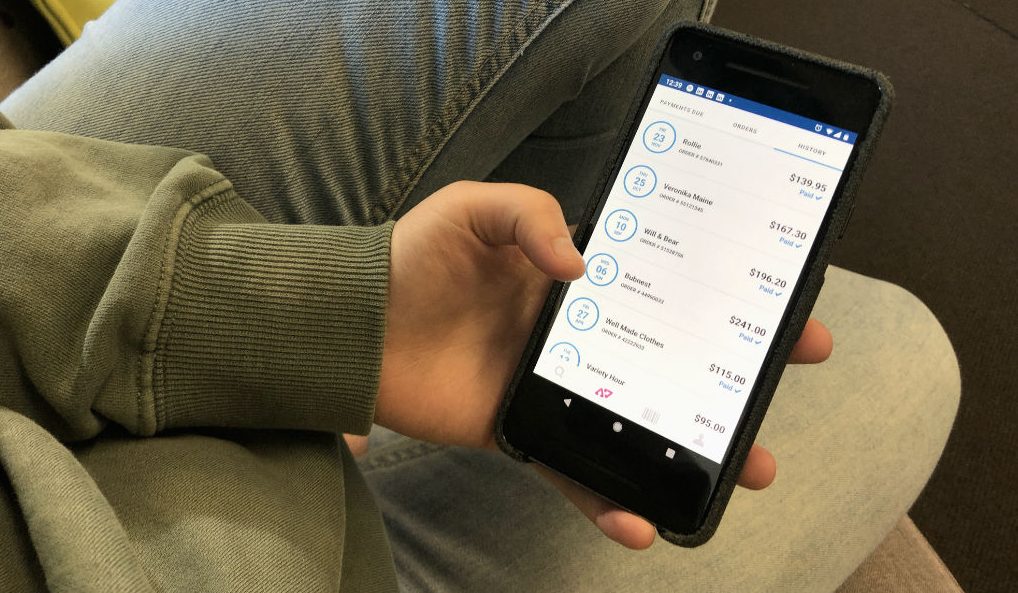A little knowledge can go a long way. It can even be the difference between the safety of home and the dangers of homelessness.
Of course, there are any number of reasons that someone can become homeless. But according to Lynne Hughes, a financial counsellor with The Salvation Army’s Moneycare service, many people underestimate the importance of getting help early.
Financial shocks like losing your job, getting sick or injured, or leaving a relationship requires an urgent reassessment of the budget. Some people use credit to try and get them through the difficult times when a longer term strategy would be more helpful. Some also don’t call the real estate agent or their mortgage provider early enough.
“A lot of our clients are vulnerable. They’re on a low fixed incomes and don’t have the wiggle room to participate in the high cost financial products like payday loans, consumer leases and Afterpays that are readily available to this group, or the new pay as you go products like Uber Eats or Uber taxis.
People can be easily sucked into using these products without really understanding the risks to their budget. Repayments are usually set up via direct debit to their bank account or Centrepay and before you know it there is little money left for rent, food or medical costs. Afterpays encourage overspending and it’s easy to get two or three of these without realising the detrimental effect it will have on the budget.
As a financial counsellor, Hughes is trained to assess her clients’ financial situation and help them develop a plan to improve it, especially if the debts put housing security at risk. According to Hughes, it’s often the job of the financial counsellor to help their clients get a better grasp on – their priorities – and, in some cases, to understand the real value of the roof over their head.
Hughes says that in the 5 years to 2017/18 The Salvation Army’s Moneycare service saw 67% of participants in housing stress, paying more than 30% of their income toward housing whilst 25% of participants experienced extreme housing stress paying 70% of their income towards housing. More than one in four private renters experienced extreme housing stress and in the last 10 years the proportion of private renters over 55 had increased by 55.5%.
To better understand the value of education, The Salvation Army Moneycare undertook a study with Swinburne University that found 94% of financial counselling participants ‘wished they had known earlier ’. As a result of that study Hughes says Moneycare has an emphasis on “educating the community more about budgeting and money”.
Hughes says she often passes The Lady Musgrave Trust’s Handy Guide for Homeless Women on to her female clients, “because all the resources in there are terrific”.
Whether a client is facing a crisis or just looking to tighten up their budget, Hughes says an appointment with a financial counsellor will provide them with helpful and practical information — and that information could make all the difference.
“Financial counselling offers people a step in the right direction, so hopefully they don’t end up facing homelessness.”
Women’s financial literacy will be discussed at the 11th Annual Forum on Women and Homelessness, along with a blend of thought-provoking presentations, practical case studies, panel discussions and master classes on mentoring women who are homeless or at risk of homelessness, at the Queensland Multicultural Centre (102 Main Street, Kangaroo Point, Brisbane) on Wednesday 7 August, 2019.
